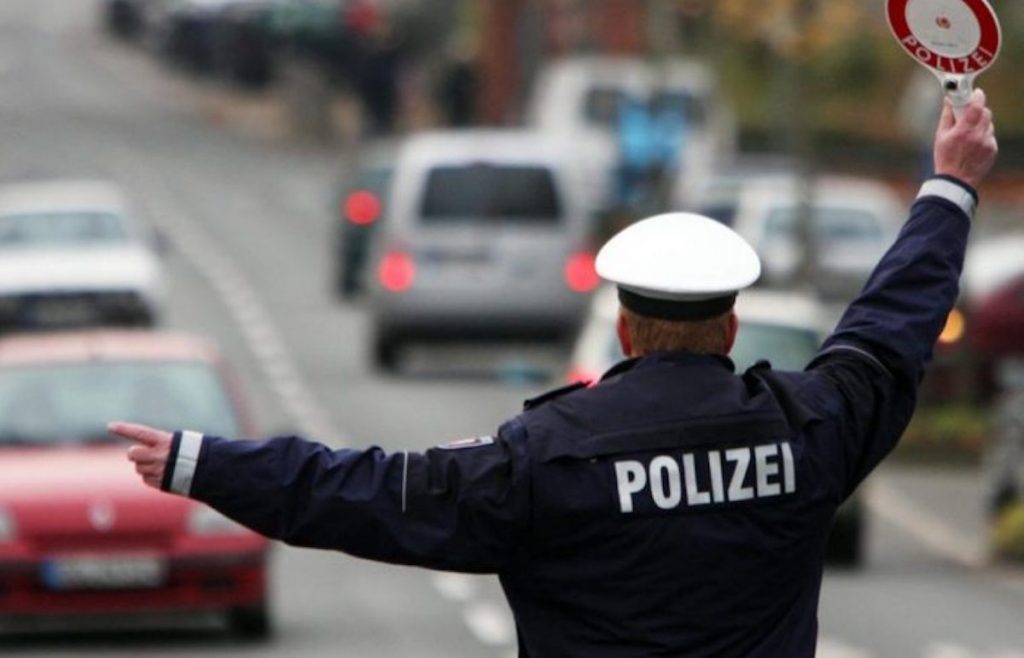
Germany to reintroduce speed limits. Traffic fines in Germany. Two main transport issues often come up in the country: one is the idea of charging a toll for cars, which has been suggested by “economic experts.” The other is the ongoing debate about setting a speed limit on motorways. The police union, among others, supports the speed limit, especially because of the growing number of electric cars, which they see as a bigger risk. But what do Germans actually think about tolls and speed limits on motorways?
Germany aims to reintroduce motorway speed limits, with 63 percent of citizens in favor.
The topic of speed limits on motorways is often debated in Germany. A recent survey reveals what Germans think about this and other controversial transport policies. The Leibniz Institute for Economic Research (RWI) conducted a nationwide survey of over 6,000 people to gauge support for various transport measures. According to the survey, 63 percent of respondents, including a majority of drivers, favor a speed limit of 130 km/h on motorways. Support for a general speed limit has grown since 2019. However, researchers note that the idea of a speed limit remains one of the most divisive issues.
Low support for combustion vehicle ban and road tolls
The survey also found that certain transport policies are particularly unpopular in Germany. Support for a universal car toll and a ban on combustion vehicles by 2035 is low, with only 22 to 24 percent of people backing these measures. Even fewer, just 19 percent, support the idea of paying a fee to deregister a combustion engine.
Read also: New traffic fines in Germany: Find out what drivers risk in 2024
RWI environmental economist Mark A. Andor explains that “the public wants measures that promote sustainable mobility.” However, “most people tend to oppose policies that increase the costs of driving.” For example, 73 percent of respondents favored expanding bicycle paths, and 70 percent supported continuing the Deutschlandticket, a popular public transport pass.
